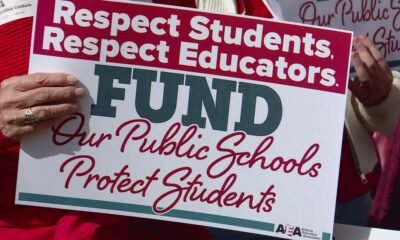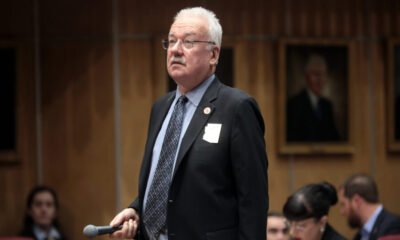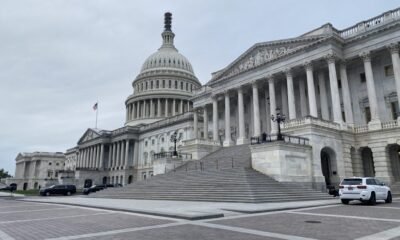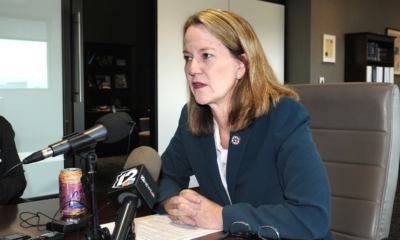2026 budget
Senate’s Bipartisan Budget Survives Initial Test, Both Parties Demand Additional Changes

Arizona senators expressed frustrations regarding the Senate’s budget proposal, with acknowledgments from the Appropriations Committee chairman that mixed feelings indicate effective bipartisan negotiations.
During a three-hour meeting, Sen. John Kavanagh emphasized that a bipartisan budget should not favor either side entirely. “This is a bipartisan budget, and one of the characteristics of a bipartisan budget is that neither side gets everything they want,” he stated.
This meeting presented the public’s only opportunity to voice concerns before a vote. Kavanagh urged participants to keep comments concise to ensure timely discussions.
Both Sen. Vince Leach, R-Saddlebrooke, and Sen. Mitzi Epstein, D-Tempe, criticized the swift turnaround of budget proposals, highlighting insufficient time for thorough review by those outside the negotiation circle. House Republicans introduced their budget just days prior to voting, with the Senate expected to follow suit.
“We need to avoid another fiasco,” Leach remarked, stressing the challenges posed by the recently published budget documents. Epstein echoed concerns, stating she could not support legislation she hadn’t fully reviewed or discussed with experts.
Despite disapprovals from both parties, the Senate’s budget has support from Democratic Gov. Katie Hobbs, contrasting sharply with the House proposal, which she deemed “dead on arrival.” Negotiations between Senate Republicans and Hobbs led to this plan, while House Republicans pursued their own route without cross-party discussions.
Concerns regarding corrections officer funding emerged as a significant issue. Barry DeFeo, head of the Arizona Corrections Association, noted that inadequate compensation exacerbates staffing shortages and increases violence within prisons. Recent attacks on staff and fellow inmates highlight the urgency for improvements.
Leach supported DeFeo’s call for a 20% pay raise for corrections officers, arguing a budget that increases spending overall should account for crucial roles like these.
Epstein’s focus turned to education funding, asserting the state is lagging due to inflation and inadequate resource allocation. While Hobbs asserted that K-12 education funding is secured in the Senate plan, Epstein disagreed, emphasizing the need for a more robust commitment to children’s education.
Sen. Mark Finchem, R-Prescott, countered that the issue lies not with education funding but misallocation of resources. While reports show diminished funds in classroom instruction, spending has shifted toward enhancing student services.
Epstein and Sen. Lauren Kuby, D-Tempe, noted the absence of important tax credits and funding for low-income housing, which are crucial for eviction prevention and housing assistance.
Finchem voiced concerns over the budget’s limited flexibility, especially in light of anticipated cuts from federal funding, leading him to question the prudence of the proposed measures.
The Senate plans to amend and vote on the budget package Wednesday, after which it will be forwarded to the House for further consideration.


















